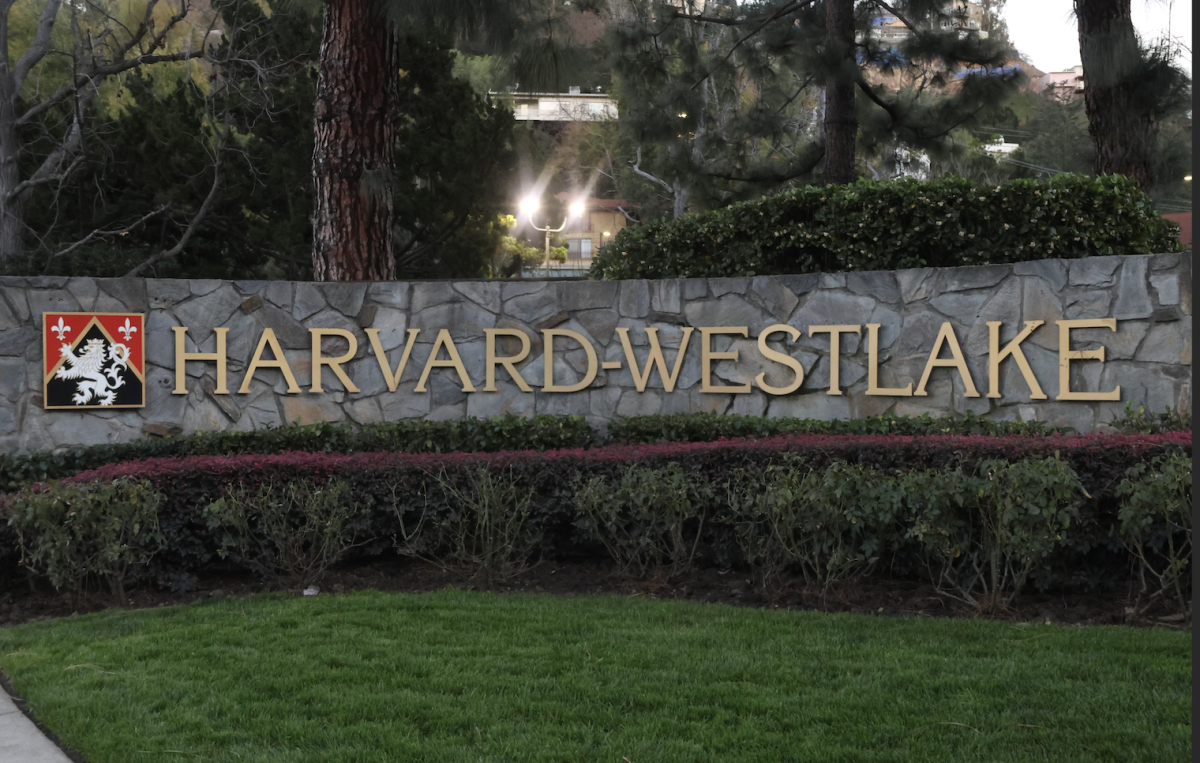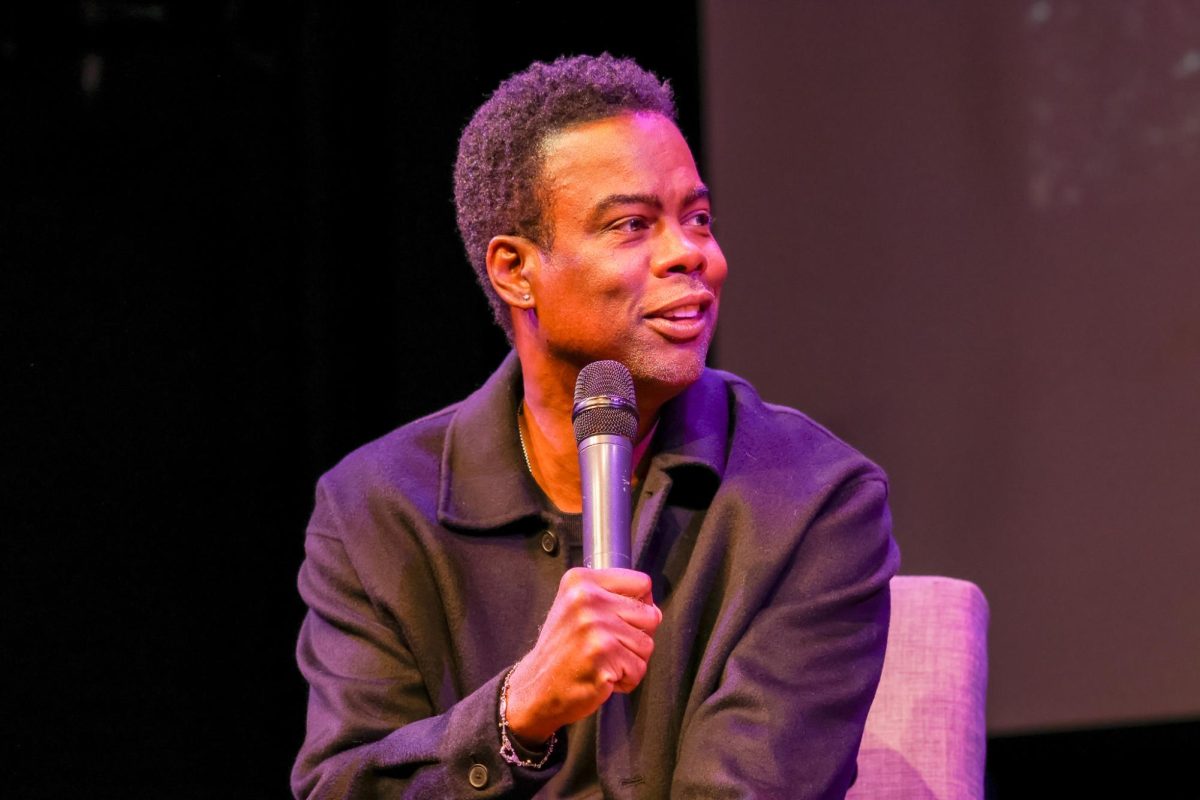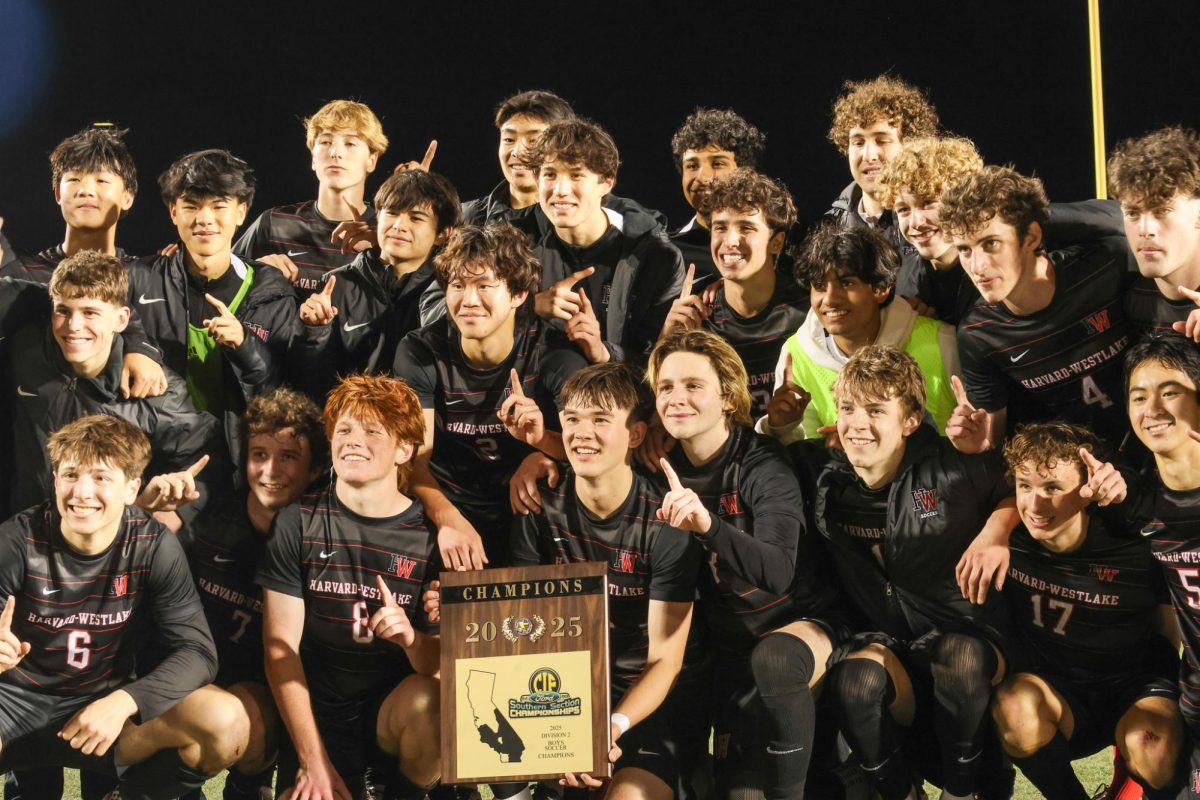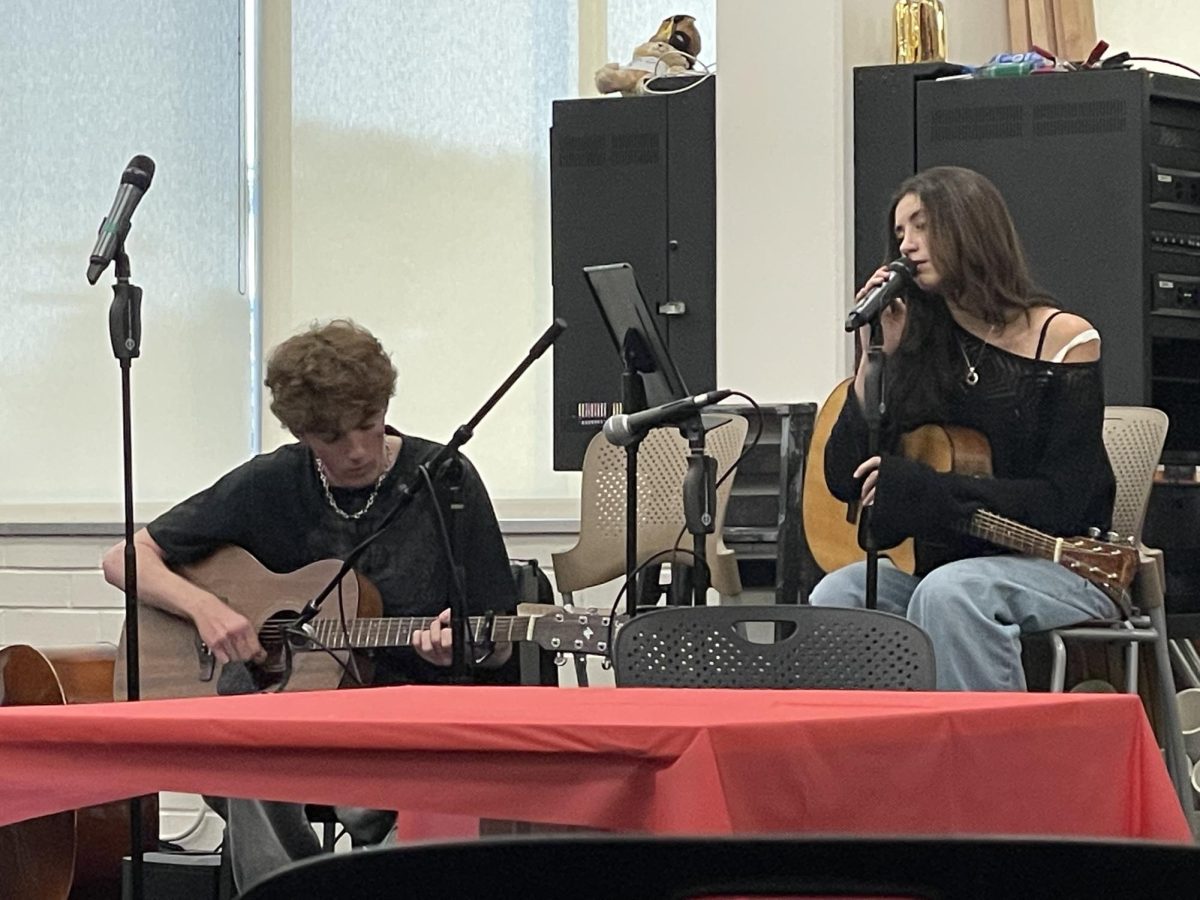The school received preliminary recommendations from the California Association of Independent Schools and Western Association of Schools and College after representatives visited campus from Jan. 28-31 and analyzed the school’s 75-page report.
History teacher Katherine Holmes-Chuba is leading the group of administrators and faculty members coordinating the school’s efforts. She has been busy the past couple of months, working with department heads and spearheading the more than yearlong accreditation process in which the CAIS and WASC evaluate the school and offer areas for improvement.
WASC “fosters excellence in elementary, secondary, adult, and post-secondary education by encouraging school improvement through a process of continuing evaluation,” according to its website.
“[Former Head of School Jeanne] Huybrechts asked me if I would be interested in being the coordinator for the process, and I thought it would be a pretty interesting job because I get exposure to parts of the school I don’t often have,” Holmes-Chuba said. “I’ve been a teacher, department chair and parent, and this was something new and interesting. I also serve on the board of a different school, so I wanted to educate myself.”
Every secondary school that awards diplomas in California must be accredited every six-to-seven years, and the process is fairly standardized regardless of type or size of school, Associate Head of School Liz Resnick said.
The first step of the accreditation process involves composing a self-study on areas administrators and faculty members recognized for improvement. According to Resnick, many of these fields were areas already identified for improvement in 2015 as part of President Rick Commons’ “Visions for 2020” initiative.
The 75-page report on the school included sections filled out by department heads, the athletic coordinators and the Faculty Academic Committee, among others.
“What they ask us to do is respond to a set of questions on institutional purpose and core values, teaching and learning, financial sustainability, operations, institutional stewardship and leadership, and improvements in sustainability,” Resnick said. “So we are responding to the same questions every school goes through.”
Holmes-Chuba compiled the report, which was finished last year and edited by members of the English department.
“There are so many voices and I wanted it to seem cohesive, while also having many voices represented.” Holmes-Chuba said.
The visit itself was led by Eric Niles, Head of School at The Athenian School in Danville, California. Ten administrators and financial officers from schools across California in total toured the school.
“What they’re really looking at it is, ‘Is what we said in the self-study a reflection of actual practice on campus?’” Resnick said. “So they met with tons of different groups, they met with our prefects, they met with teachers, they met with administrators, they met with the admissions office, they met with the development office, they met with the business office, they met with the athletic department, they met with parents, they met with alumni.”
At the conclusion of the visit, Niles delivered a presentation to faculty, in which he identified three main areas for improvement. The first was to emphasize cultural competency and continue the school’s recent efforts in diversity, equity and inclusion.
“We acknowledged this is a growth area for Harvard-Westlake, and we want to preserve our academic excellence, and we are a fairly traditional school, but there’s lots of room for us to be academically excellent in traditional ways while still broadening our curriculum and making it more diverse,” Commons said.
A recommendation includes surveying students on how their experiences align with the emphasis on happiness, balance and purpose beyond self. A comprehensive risk assessment was suggested.
“It was really gratifying to hear the committee talk about how extraordinary Harvard-Westlake seems to be in every respect and how strong the school seems to be in every department, and their recommendation was rather than simply smile at that and pat ourselves on the back for it, we need to make sure we are thinking about what risks there are to those strengths,” Commons said.
Commons said that those recommendations were ones the school planned to address, and they will be discussed at a meeting of the Board Planning Committee on Feb. 28.
The visiting committee will then compile a longer report to be sent later this year.
Resnick credited Holmes-Chuba for “wrangling everyone to complete their sections of the report,” and after the committee members left, Holmes-Chuba’s desk was covered in pastries and a note that said, “Congratulations, Katherine!”



































